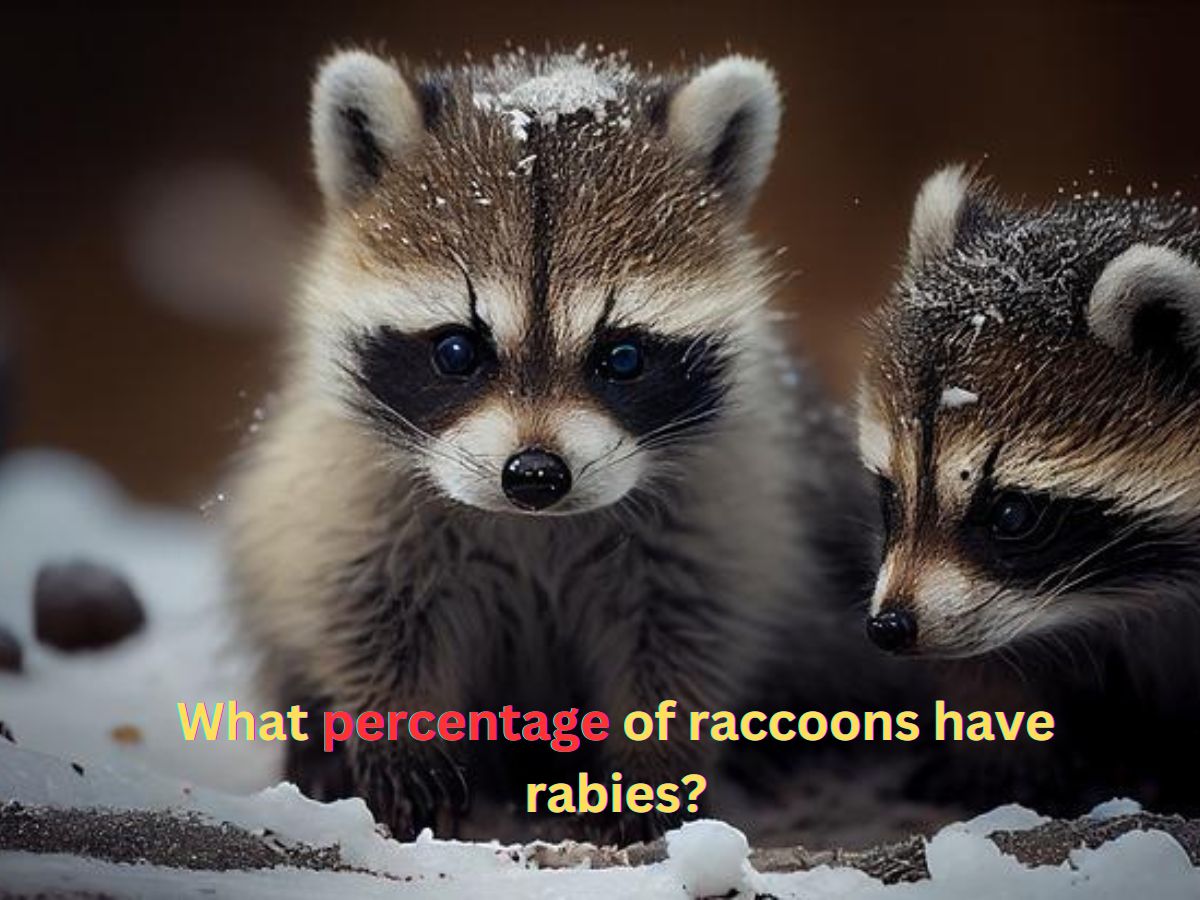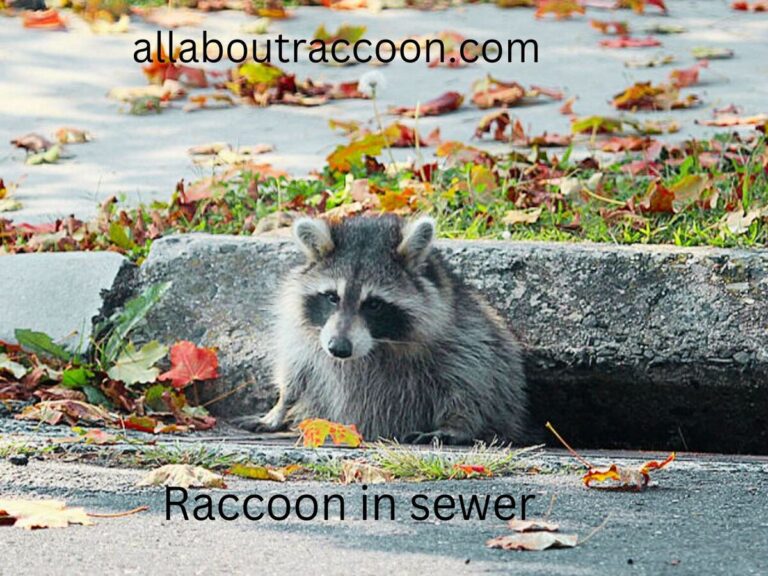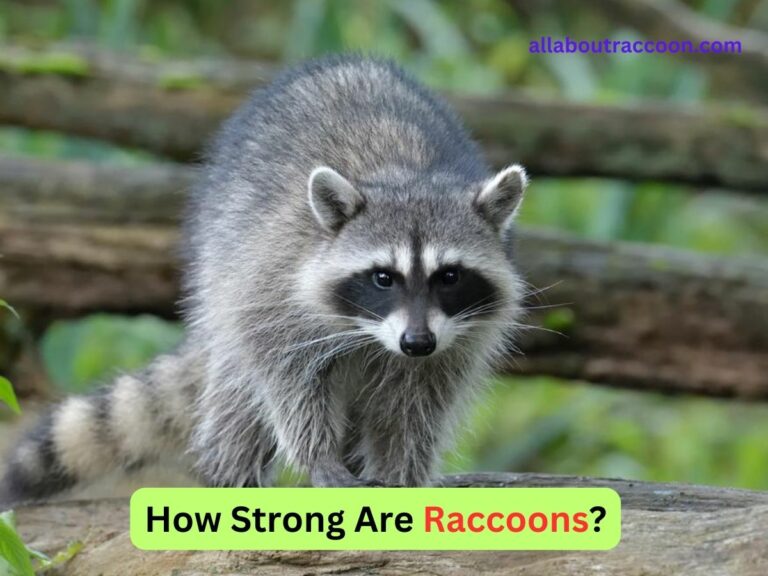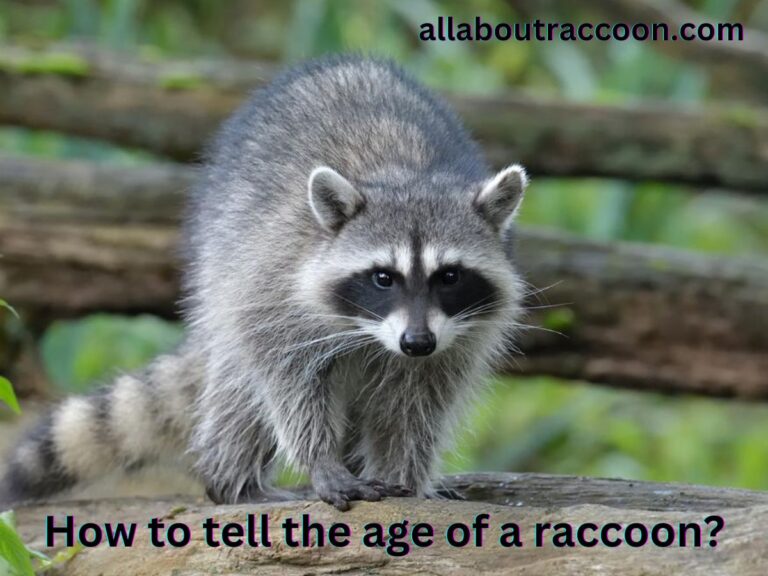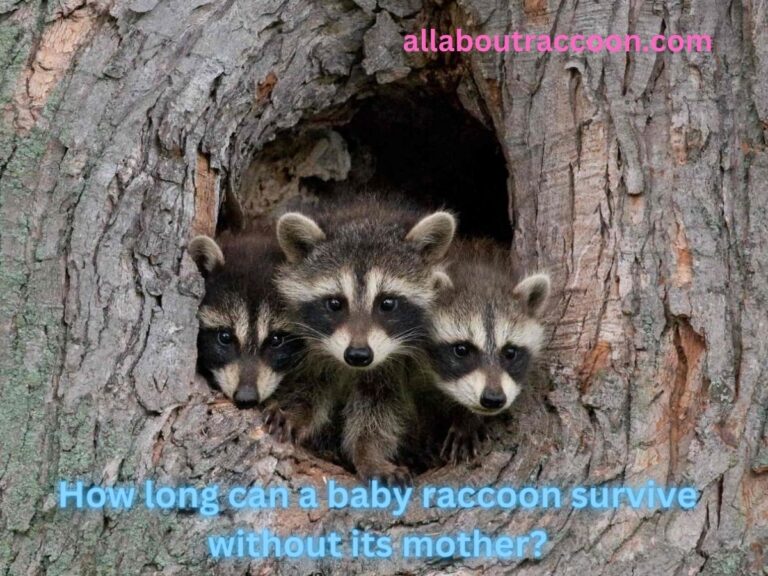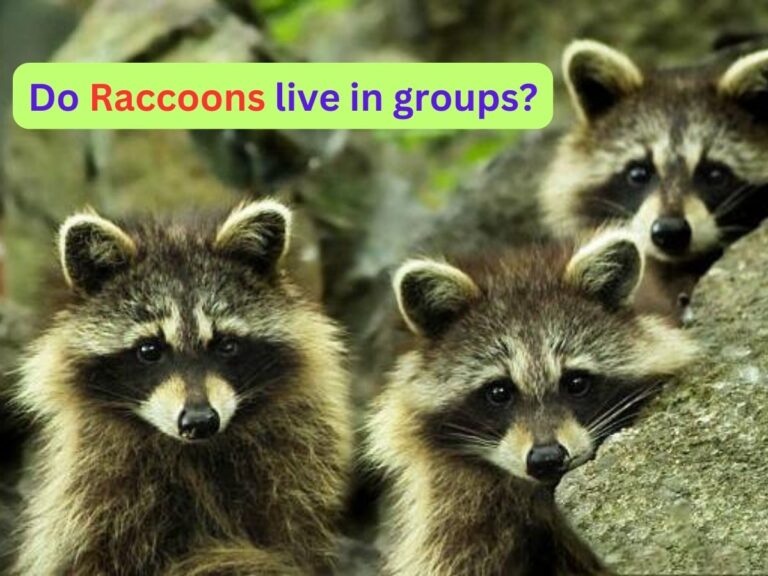What Percentage of Raccoons Have Rabies?
Do raccoons have rabies? How do they become rabid? What percentage of raccoons have rabies? These questions often spark a debate among wildlife experts and raccoon enthusiasts. If you want to know the exact answers about raccoon rabies, you have landed on the right web page. Here you will find exact and true information about raccoon rabies percentage.
Raccoons are one of the cute-looking creatures of the animal kingdom. But unfortunately, they are the carriers of rabies.
Do raccoons have rabies?
Yes, raccoons can carry rabies, making them a rabies vector species. Indeed, all raccoons don’t have rabies, but some raccoons become the victims of rabies. Unfortunately, they are more likely to have rabies than other animals. They can transmit rabies to both humans and other animals. In truth, rabies is a viral disease that spreads through the bite of a rabid animal, such as a raccoon.
The rabies virus remains within the saliva of raccoons and other infected animals. It is a highly fatal disease that results in death. It has bad effects on the central nervous system and can lead to mental paralysis in its victim.
What percentage of raccoons have rabies?
Indeed, the percentage of rabid raccoons is different in different regions over time. Thus, the presence of rabies in raccoons is influenced by various factors. These factors may be the local prevalence of the disease in other animals, environmental conditions, and the effectiveness of rabies control measures such as vaccination programs.
- However, In the District of Columbia, a study discovered that 41.2% of the raccoons they tested had rabies. This is a big difference from the low rabies percentages in bats, cats, and dogs they examined. In truth, the number of infected raccoons was almost the same as the number of healthy ones.
- It can be said that the single study in the District of California (DC) might not represent the entire country. The CDC (Centers for Disease Control and Prevention) informs us that raccoons have one of the highest rabies rates in the United States. Consequently, they are responsible for 35% of all human rabies cases in the USA.
If you come across a raccoon rabid raccoon, it’s essential to stay safe.
1. Don’t get close, and keep your pets and kids away.
2. Stay calm and quiet, and don’t corner the raccoon.
3. Call your local animal control or wildlife authorities to report the situation and let them handle it.
4. Don’t try to catch it yourself.
5. If you or anyone is bitten or scratched, wash the wound well with soap and water and go to the doctor right away.
Rabies is a very dangerous and fatal disease, so it’s important to have a distance from rabies vector species.
How do raccoons get rabies?
Raccoons can get rabies through the transmission of the rabies virus. This viral disease affects both humans and animals including raccoons. The virus is typically spread through the saliva of an infected animal and can be transmitted in the following ways:
Bite or Scratch:
If a rabid raccoon bites another animal, such as another raccoon or a human, the virus can be transferred through the saliva. It potentially leads to rabies infection in the bitten individual.
Saliva Contact:
Rabies can also spread if an open wound or the wet parts of the face (like eyes, nose, or mouth) touch the spit of a rabid raccoon or other rabid animal.
Inhalation:
Sometimes, very rarely, the virus can float in the air. If raccoons are in a place with lots of infected animals, and they breathe in the virus, they may get rabies.
Conclusion:
Raccoons are fascinating animals, but they have a high chance of rabies. It is estimated from studies in the District of Columbia that 41.2 % of raccoons were tested with rabies.
The percentage of rabies in raccoons is high. It is also suggested that raccoons are responsible for 35% of rabies cases in humans. Raccoons can get rabies by being bitten by a rabid animal, breathing in the rabies virus from the air, or coming into direct contact with the virus through a wound or their skin.
FAQs:
Raccoons usually don’t survive if they get rabies. Rabies is a dangerous sickness, and it’s important to stay away from any raccoon that acts strange
What are 3 signs that a raccoon has rabies?
1. Rabid raccoons may aggressively act and approach or attack humans or other animals. This is a sign of rabies.
2. Raccoons with rabies display uncoordinated movements and appear disoriented. Their actions seem erratic and strange.
3. Infected raccoons may drool excessively. Their mouth and jaw muscles appear paralyzed. It leads to a “foaming at the mouth” appearance.
Do raccoons scream when they have rabies?
Raccoons can make loud, scary sounds, like screams or screeches, when they’re in trouble. These sounds don’t mean they have rabies. But if you see raccoons acting strangely or making unusual noises, they have rabies.

